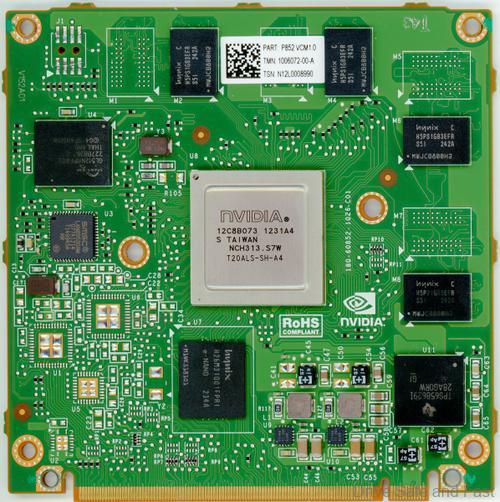Could they lead the premium segment sales and deliveries for the coming year?

The past two years have been challenging for the automotive industry, not only did they face a deteriorating economy and a worldwide pandemic, many automakers also had to suffer a supply shortage issue, specifically a shortage of semiconductors, or “chips” as they are more commonly referred to.
This supply shortage issue has shed some light on how fragile the nature of supply chains can be but despite this, Volvo cars have not only survived, they are now thriving.
Earlier this week, Volvo cars revealed that their second-quarter earnings showed a striking increase while CEO Jim Rowan stated to CNBC that the company has moved past these supply shortage issues.

“In the first quarter, we were affected by one specific semiconductor [shortage], which hampered production across most of our range.We had forecasted, by and large, that we would be through that by the end of the second quarter, and that’s what we’ve seen.” He added.
Rowan noted that Volvo’s production over the past two years, just like all other automakers, was affected by the Covid-19 restrictions in China but that it is all behind them now.
He said, “With the China lockdowns behind us and semiconductors back in full supply, for at least Volvo cars, that is, we’re positioned very well for a very strong second half to the year.”

However, management did admit that they expect deliveries to remain flat for 2022 at roughly 700,000 units. The company acknowledges that they do not expect an increase in sales this year due to the time lag between production and retail deliveries.
Chips play a pivotal role not just in cars, but in most aspects of life. As a result of the supply shortage issue with chips over the past two years, carmakers in particular have struggled to meet the demand for these chips.
Thus the prices of cars, new and old, began to skyrocket, adding to an already crushing inflation. While Volvo has stated that they are beyond the supply shortage issue, other automakers are not so lucky and continue to struggle with the chip shortage.
The question now is, with this improvement on Volvo’s end, can they lead the premium segment in sales and deliveries of Electric Vehicles (EVS) this year?
![The past two years have been challenging for the automotive industry, not only did they face a deteriorating economy and a worldwide pandemic, many automakers also had to suffer a supply shortage issue, specifically a shortage of semiconductors, or “chips” as they are more commonly referred to. This supply shortage issue has shed some light on how fragile the nature of supply chains can be but despite this, Volvo cars have not only survived, they are now thriving. Earlier this week, Volvo cars revealed that their second-quarter earnings showed a striking increase while CEO Jim Rowan stated to CNBC that the company has moved past these supply shortage issues. “In the first quarter, we were affected by one specific semiconductor [shortage], which hampered production across most of our range.We had forecasted, by and large, that we would be through that by the end of the second quarter, and that’s what we’ve seen.” He added. Rowan noted that Volvo’s production over the past two years, just like all other automakers, was affected by the Covid-19 restrictions in China but that it is all behind them now. He said, "With the China lockdowns behind us and semiconductors back in full supply, for at least Volvo cars, that is, we're positioned very well for a very strong second half to the year." However, management did admit that they expect deliveries to remain flat for 2022 at roughly 700,000 units. The company acknowledges that they do not expect an increase in sales this year due to the time lag between production and retail deliveries. Chips play a pivotal role not just in cars, but in most aspects of life. As a result of the supply shortage issue with chips over the past two years, carmakers in particular have struggled to meet the demand for these chips. Thus the prices of cars, new and old, began to skyrocket, adding to an already crushing inflation. While Volvo has stated that they are beyond the supply shortage issue, other automakers are not so lucky and continue to struggle with the chip shortage. The question now is, with this improvement on Volvo’s end, can they lead the premium segment in sales and deliveries of Electric Vehicles (EVS) this year? They have already overcome the supply shortage issue which many brands still struggle with but will it lead to any meaningful advantage? We shall have to wait and see.](https://www.dsf.my/wp-content/uploads/2022/06/Volvo-XC40-EV_Black-test-drive_3701.jpg?v=1655188747)
They have already overcome the supply shortage issue which many brands still struggle with but will it lead to any meaningful advantage? We shall have to wait and see.





